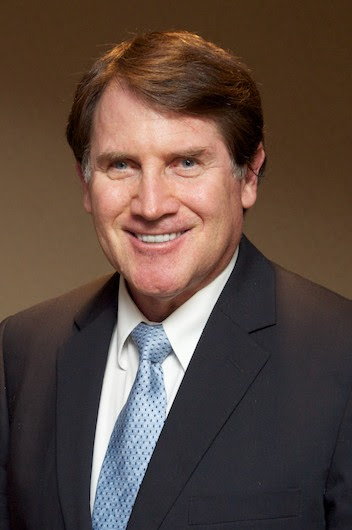
“Patient engagement…will be a company survival imperative.”
-Bob Ehrlich
We have an impending health care cost crisis facing many Americans. Anyone with employer subsidized insurance has seen their share of the cost rise over the years. My personal premiums as a Pfizer retiree have risen every year and now approach $5000 a year plus my deductible. So before I see much reimbursement I pay close to $7000. I know this is still a good plan and much better than what I would pay on the exchange.
On those state and federal exchanges, my premiums would run about $8000 and a deductible of $6000 would be normal. So most health insurance is really for an unexpected serious illness beyond what we would expect in a typical year. Most years I do not reach my deductible, and that is a good thing because it means I am relatively healthy.
So whether one has employer or exchange-based insurance we still are paying our own way much of the time. I know we get that free check-up once a year and a couple of other freebies under the ACA. The fact is, however, that anytime a doctor wants to do a procedure, test, or write a prescription we are paying for all or much of it out of pocket.
I have been getting used to that with my dentist for years since I have no dental insurance. As most of you know teeth somehow are extremely expensive to repair. That tiny porcelain crown costs $2000. My tiny little titanium implant cost around $4000. Lacking dental insurance makes one very attentive when the dentist recommends a procedure. I have lost all reluctance to push back on price and actively explore cost of the procedure. I also negotiate. I am no longer reluctant to show emotion and skepticism when told that little tooth somehow needs work.
We can certainly expect patients to react to this cost shift by engaging in traditional consumer behavior. The idea that patients accept whatever the doctor suggests will be affected by cost. As unseemly as it is, patients will be challenging their provider on price/value. They will demand in advance understandable explanations as to cost and the alternatives.
Drug companies have for years been the recipient of tougher negotiations by insurance companies. Insurance companies have increasingly passed on the cost of branded drugs to their patients. So, the bottom line is drug companies are faced with a marketing problem. How do they convince patients to pay higher fees for their drugs? While tiered formulary has been a fact for years, it is getting worse.
As patients start demanding value for their money, drug companies need to change their engagement strategies. Added value can be achieved in many ways. That can be through pill size, dose, frequency, side effects, packaging, efficacy, multi-indications, and follow up service.
While patient engagement has always been a goal of drug marketers, it will be more of a company survival imperative in the future. The new patient, driven by cost pressures, will demand value for premium priced drugs. Drug companies may not yet be ready to deal with the empowered patient armed with information and angry at their rising health expenditures. I would hope drug executives are acutely aware of this new consumer power. Successful drug companies will be those who stress price value and respect the rising power of the patient.


No comments yet.